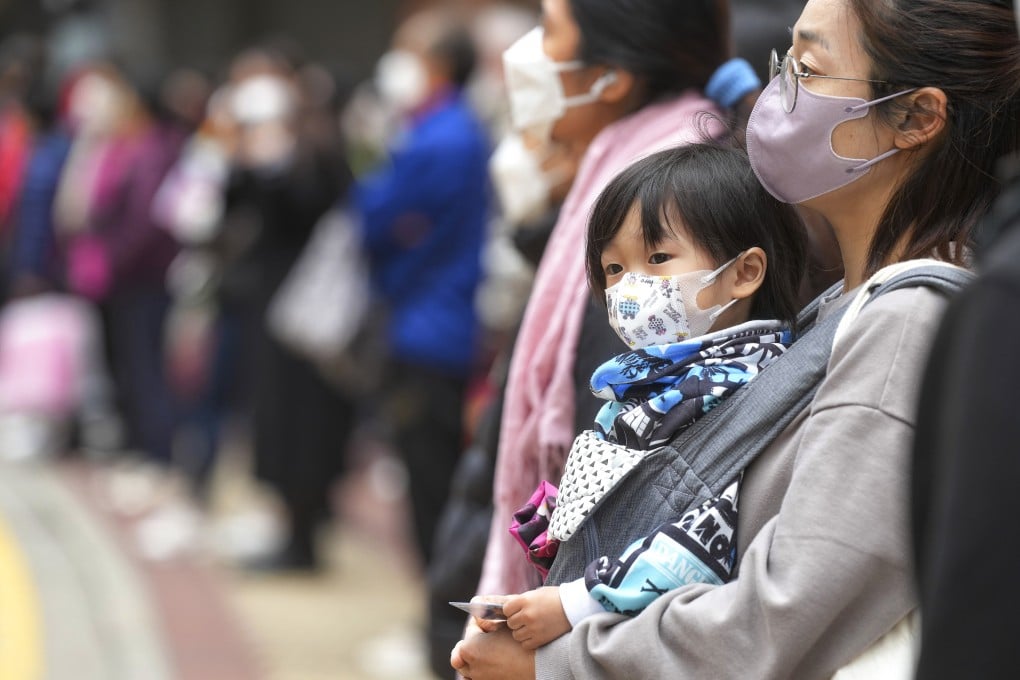Budget 2023-24: tax incentives ‘not enough’ to reverse Hong Kong’s declining birth rate
- Latest budget raises child allowance, but academics say effect of financial aid on encouraging people to have more babies is limited
- Singapore and South Korea spend vast amounts on trying to boost birth rates, but both have some of lowest in world

Hong Kong will need more than tax incentives to tackle its low birth rate crisis, even if the government is willing to offer more than it pledged in its budget blueprint, experts in population studies have said.
From politicians to residents, the increase was lambasted as far too little given the cost of raising a child in the city.

Academics who track birth rate trends around the world said financial aid would at best only encourage those already planning to have a child to do so sooner, and so long as the assistance was significant enough.
Hong Kong families must contend with expensive education, cramped and costly living conditions and an unfriendly culture for working mothers, they argued.
“There is international evidence suggesting that financial incentives including tax incentives have a positive impact on fertility, and at least, may encourage couples to give birth earlier,” said assistant professor Tan Poh Lin, who studies Singapore’s low birth rate at the Lee Kuan Yew School of Public Policy in the city state.
But the sociologist said the evidence, mostly coming from France, Canada and America, might not be as convincing in East Asia, where competition for school spots was much more intense, and social expectations and responsibilities placed on parents significantly greater.
Stuart Gietel-Basten, director of Centre for Aging Science at the Hong Kong University of Science and Technology, said it was a cultural norm in Hong Kong for children to work extremely hard in a competitive schooling environment to ensure better job prospects later in life.